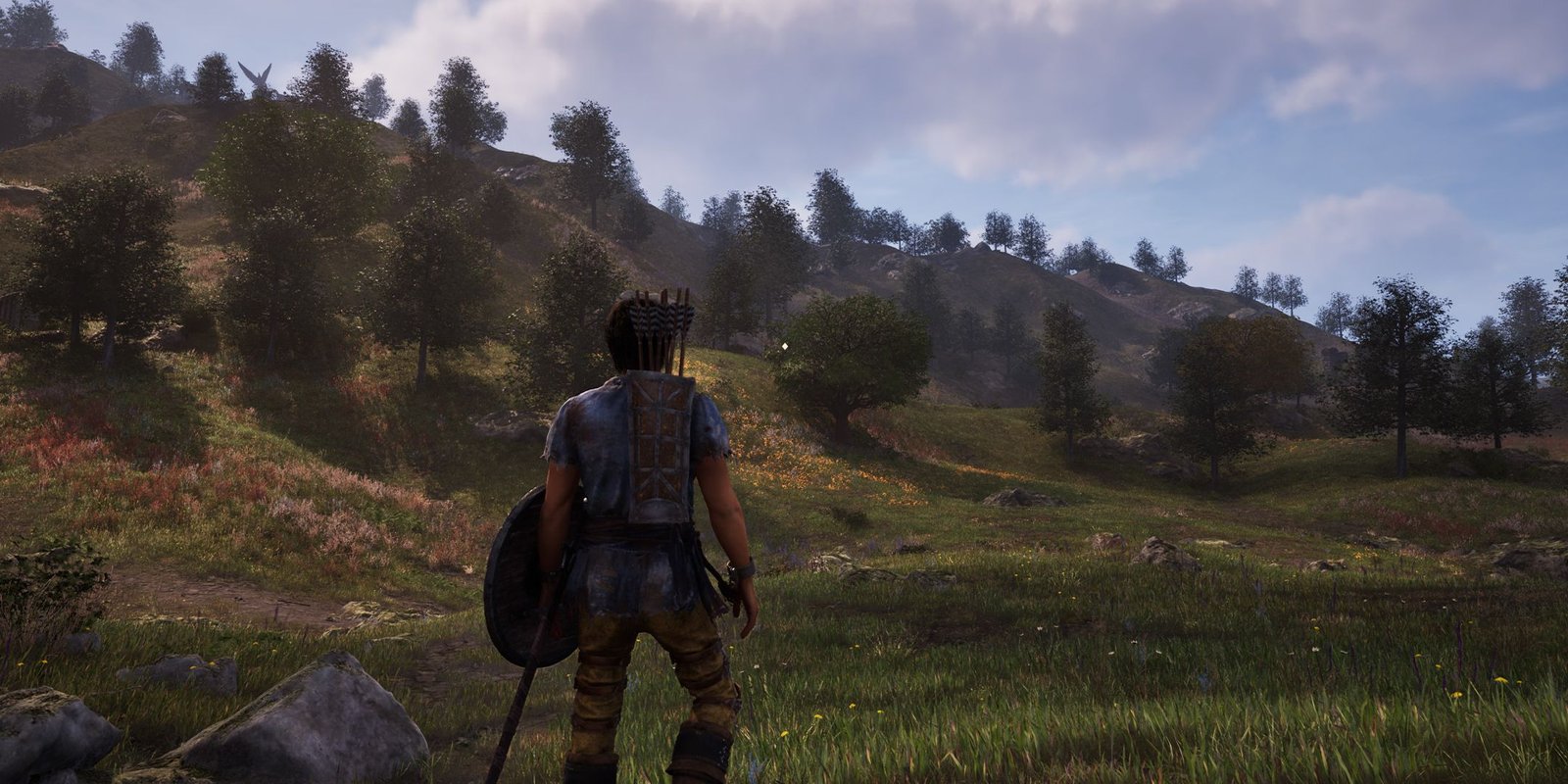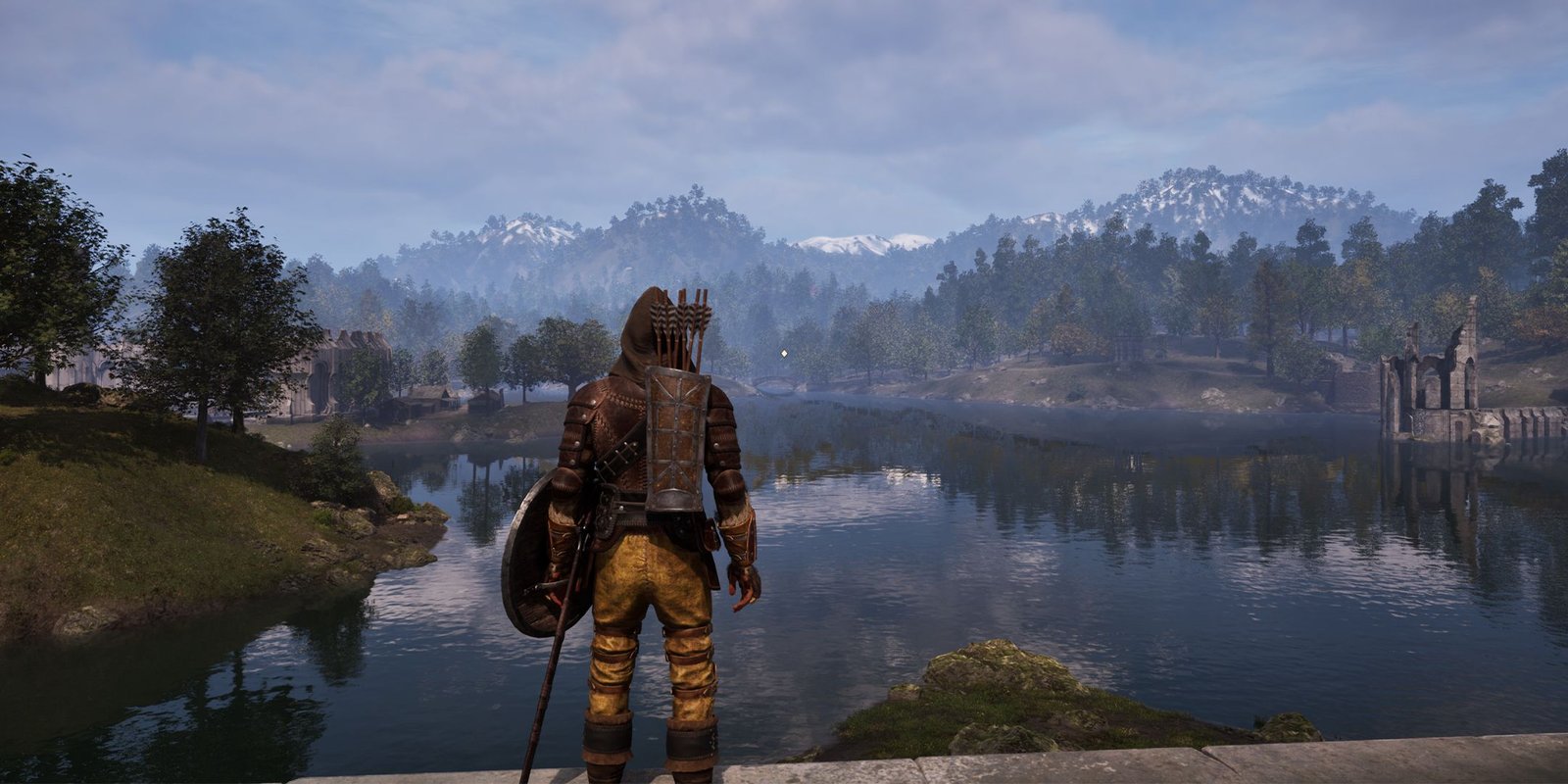Many continue to herald Fallout: New Vegas as the best Fallout game, and it’s easy to see why. While the reception to Fallout 4 was mixed, Fallout 3 and New Vegas are both widely beloved. New Vegas was even developed by Obsidian Entertainment instead of Bethesda Game Studios, but not once did that stop it from feeling like a true Fallout experience.
With The Elder Scrolls 4: Oblivion Remastered, we’re getting a classic Bethesda IP handled directly by Virtuos, another third-party studio – and honestly, I couldn’t be happier about how things turned out.
Bethesda Softworks still had a hand in the development of Oblivion Remastered, so it wasn’t entirely outsourced.
We Need Someone Else To Take The Reins
I’m not saying Bethesda isn’t capable of making good games anymore – I actually loved Starfield and remain excited to see what the studio does with The Elder Scrolls 6. But as New Vegas proved so many years ago, it can be good to have a different approach on a series like this, whether that be a spin-off, a mainline entry, or a remake/remaster.
While Oblivion Remastered isn’t as significant as a new standalone entry like New Vegas, it does allow us to see a different take on a classic RPG, much in the same way as the Demon’s Souls PS5 remake from Bluepoint, where a fresh new version of a cult classic took center stage. Demon’s Souls was incredibly impressive, and on appearance alone, the Oblivion Remake could follow in its footsteps.
With so many enhancements, not only to graphics but also quality-of-life mechanical additions, it’s so much more substantial than the million versions of Skyrim we’ve seen over the years.
If That Wasn’t Enough, The Engine Change Is
What’s most exciting about this take on the game is that Virtuos is making use of Unreal Engine 5 to build it. The core mechanics and systems remain based in Gamebyro while state-of-the-art visuals are brought to life with techniques that simply weren’t possible back in 2006. It looks and feels gorgeous, modern, and ambitious; and yet the goofy identity that Oblivion is so beloved for remains untouched.
You should also try The Elder Scrolls Online, if you haven’t already. It weaves MMO with that The Elder Scrolls feeling, using the HeroEngine.
You might hear ‘made with Unreal Engine 5’ and get excited thinking about all of those fancy tech demos, but the engine still has its limitations, especially with optimising larger worlds. That said, Starfield proved that the Creation Engine can achieve incredible visuals, so the benefits aren’t purely a graphical leap. It’s exciting, sure, but it’s seeing a world we love built in a new way, with new tools, and from a fresh perspective that makes this remaster so magical, and only through an outside perspective could it have been executed so wonderfully.
The Elder Scrolls 4: Oblivion Remastered – and by extension, Virtuos – has used this opportunity to give us a refreshing yet unpredictable experience within the wide world of Tamriel. Despite Fallout: New Vegas being a huge success, and one of the series’ largest identifiers to the point of being the tease in Amazon’s Fallout Season 1 finale, we’ve not seen any other studio have this chance with Bethesda since.
Fans have asked Bethesda for New Vegas 2 by Obsidian, especially with both now under the Microsoft umbrella, but Fallout and The Elder Scrolls have remained close to Bethesda Game Studios’ chest since. If Oblivion Remastered goes down well, maybe we could see some standalone The Elder Scrolls titles from Virtuos in the future – and honestly, that prospect is the most exciting part about all of this.

